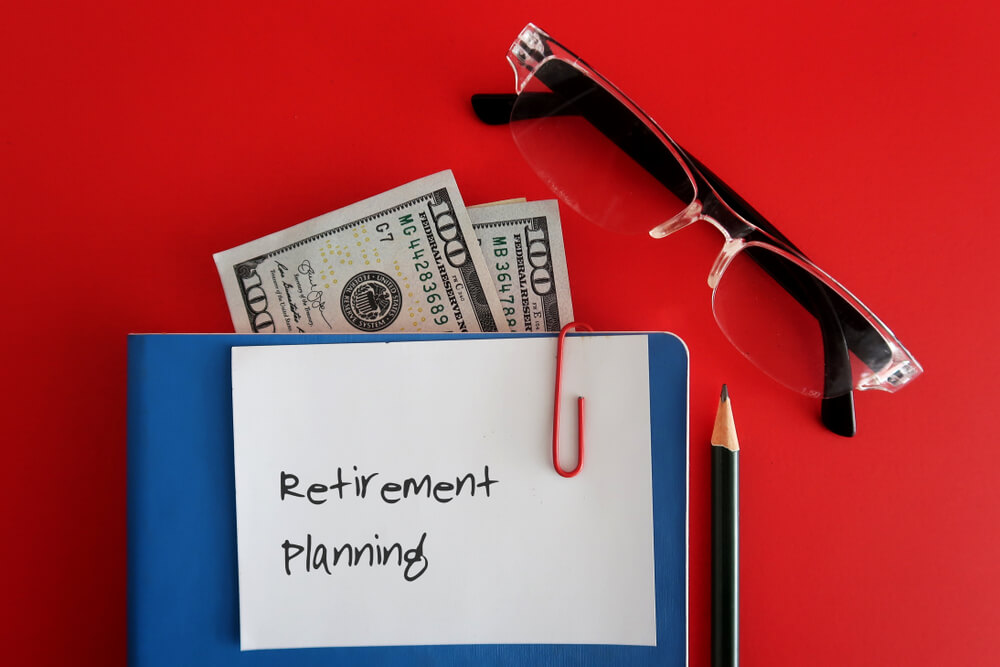We’ll never know the exact numbers, but I suspect a lot of baby boomers delay retirement for a couple of years following the COVID-19 bear market — and you need a post-coronavirus retirement plan of action.
While the S&P 500 is sitting at March 2019 levels, shares of the sorts of high-yielding stocks loved by retirees — equity REITs, mortgage REITs, energy stocks, preferred stock, etc. — have taken brutal losses that won’t be as easily recovered.
Every dollar you can legally hide from the taxman in your retirement account is a dollar they can’t get their grubby hands on later.
I’m wildly bullish on REITs, by the way, as I mentioned last week. But I expect that a lot of investors panicked, sold near the lows, crystalizing losses they may never fully recover from.
At any rate, the coronavirus might be shutting down the economy and keeping us in our homes. But the clock doesn’t stop ticking, and we all still have retirements to plan for. So today, we’re going to make a post-coronavirus retirement action plan.
Post-Coronavirus Retirement Plan of Action
Assess Your Job Stability
There were 6.6 million jobless claims filed last week. Hopefully, you weren’t one of them. But even if you’re still employed, you need to take a sober look at your job stability.
There’s a lot of solidarity today, a sense that we’re all in this fight together. And many companies, either through a sense of duty or fear of public backlash, are trying to keep as many people employed as possible. But once the dust settles and employers get a better gauge of what demand will look like once the virus scare passes, many more rounds of layoffs may be coming.
If you think there is even a modest chance of losing your job, start hoarding cash. Now. Cut expenses you can cut and stockpile every dollar you can.
Yes, if everyone does what I am suggesting, it becomes a self-fulfilling prophecy. I get that. But you have to look at your situation and take care of yourself.
Assess Your Access to Cash and Credit
If, because of coronavirus and the lockdowns, you think that your business or job may no longer by viable, you’re still going to want to tough it out for a few months to see. You put your heart and soul into it, so you owe it to yourself to do whatever you can to keep it afloat.
All the same, don’t mortgage your house, liquidate your retirement savings or completely deplete your cash. Try to borrow what you can, ideally from the federal government’s Small Business Administration. Depending on the situation and loan program, the loans may be partially or entirely forgiven. For example, Paycheck Protection Program loans are forgiven if the proceeds are used to maintain payroll and certain other expenses.
But if you reach the conclusion that your business simply cannot survive, even with government help, it’s better to walk away early and let it fail. Do what you can to keep the liabilities contained to the business itself and try to preserve as much of your outside assets as possible. You’re going to need them to launch your next business once the time is right. The worst thing you can do is use up your precious capital or take out personal loans to save something that cannot be saved.
Also, remember that 401(k) and IRA balances generally can’t be seized by creditors. And, depending on the state, neither can home equity. Remember your rights and don’t be pressured into liquidating assets to pay debts you may not be legally obligated to pay.
If You Can, Try to Max Out Your Retirement Plan
OK, let’s say that your job or small business is secure. You’re confident that you’ll ride out this storm just fine.
In that case, make a real effort to get as much cash as you can into a 401(k) or other tax-advantaged account.
Let’s face it. Taxes are going to be higher down the road. The government is throwing budget constraints out the window throughout this crisis.
That’s fine. I don’t blame them, and I don’t see that they really have much of a choice at this point.
But once the crisis abates, debts have to be repaid and budget deficits have to be brought to heel. That means less spending and higher taxes. So, every dollar you can legally hide from the taxman in your retirement account is a dollar they can’t get their grubby hands on later.
In 2020, you can put up to $19,500 into a 401(k) plan or $26,000 if you’re 50 or older. If you are self-employed, the number is even bigger at $57,000.
I’d like to think the worst is now behind us, and I really think it’s possible that it is. But we don’t know that, which is why having a plan is more important today than ever before.
• Money & Markets contributor Charles Sizemore specializes in income and retirement topics, and is a frequent guest on CNBC, Bloomberg and Fox Business.
Follow Charles on Twitter @CharlesSizemore
